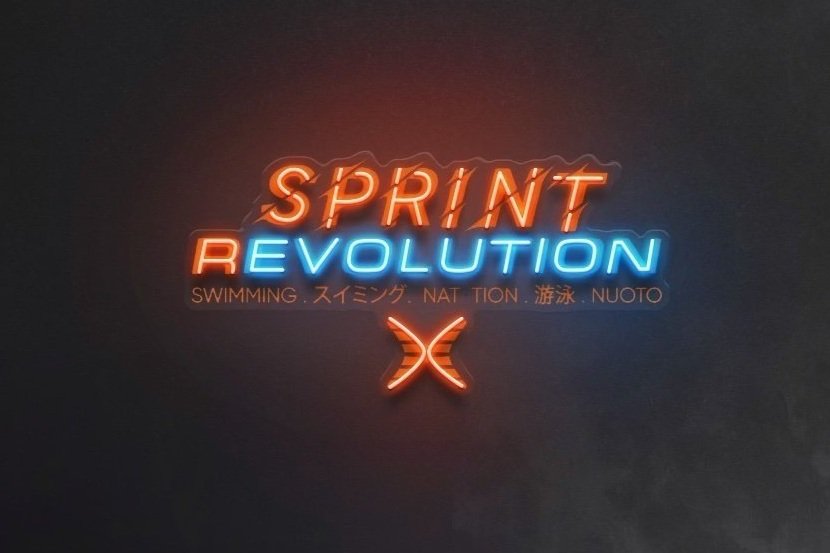Resistance Equipment + Benefits
Purpose: Builds leg-specific strength and kicking power. Enhances kicking endurance, and forces swimmers to improve their kick mechanics by increasing resistance against each kick.
Benefits: Develops powerful kicks, improves overall sprinting velocity, and strengthens hip and leg muscles specifically engaged in freestyle and butterfly kicks.
2. Short Resistance Cord
Purpose: Used primarily for explosive starts, breakouts, and short-distance power sprints. Helps swimmers to focus on generating maximal force quickly.
Benefits: Enhances explosive starts, rapid acceleration, neuromuscular coordination, and improves swimmers' capacity to maintain power under high resistance conditions.
3. Small and Large Parachutes
Small Parachute: Creates moderate resistance, suitable for maintaining high stroke rates and moderate power training.
Large Parachute: Generates significant resistance for maximum-strength training sessions.
Purpose: Enhances power output, muscular endurance, and maintains technique under significant load. Large parachutes build maximum power, while small parachutes help fine-tune the ability to sustain speed.
Benefits: Improves strength, stroke mechanics under fatigue, and teaches swimmers to efficiently handle high resistance without compromising technique.
4. Paddles and Fins
Paddles:
Purpose: Used to improve stroke mechanics, increase muscular strength, and refine hand entry and catch in swimming strokes.
Benefits: Strengthens shoulder, chest, and back muscles; increases stroke power, efficiency, and enhances stroke length and water feel.
Fins:
Purpose: Assists in speed and sprint training, promotes ankle flexibility, kicking strength, and allows swimmers to practice high-intensity intervals and technique drills at faster-than-normal speeds.
Benefits: Enhances leg strength and endurance, develops faster kick rates, and aids in stroke efficiency and body alignment during high-speed sprinting.


